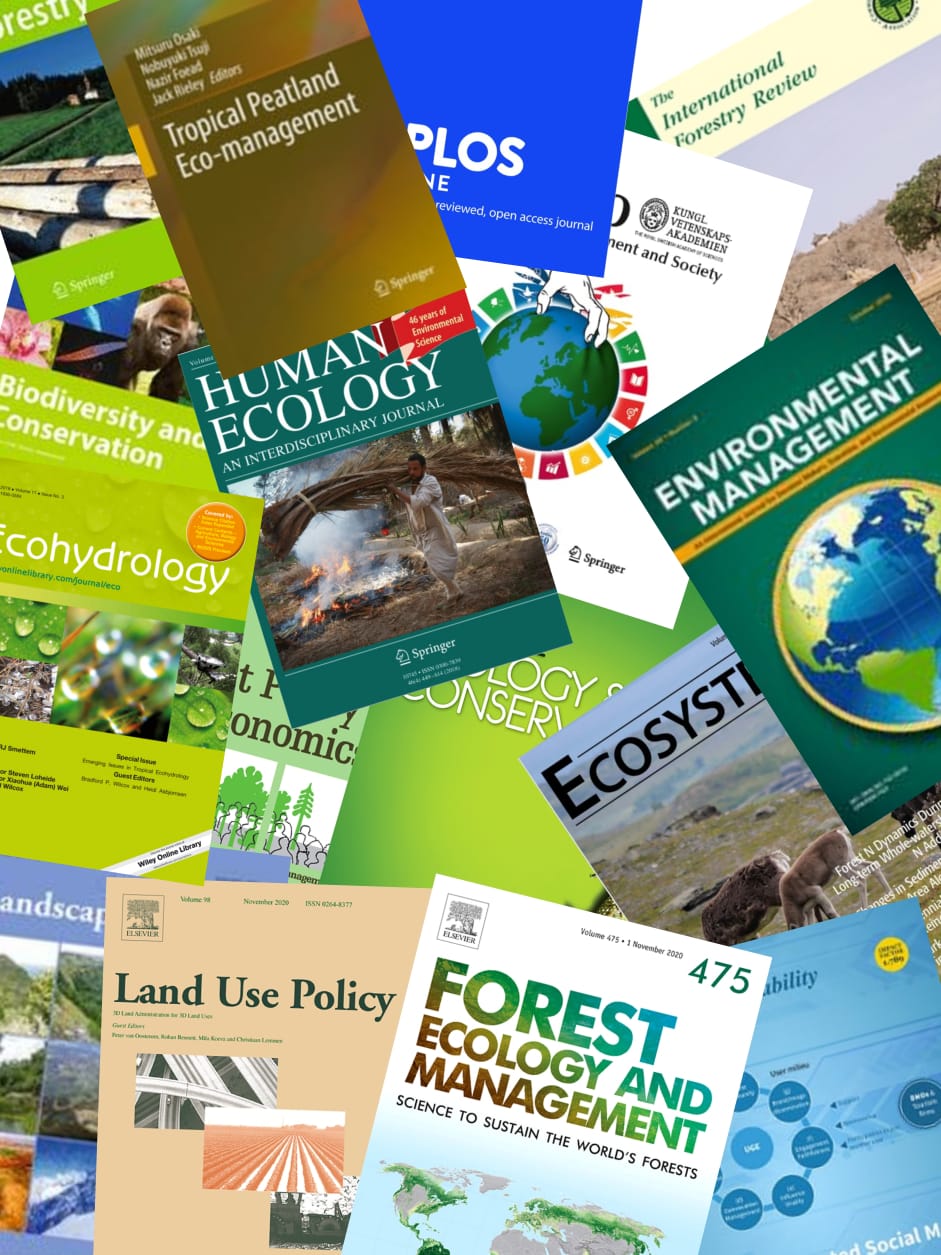Palm oil is highly versatile, efficient, and cheap-and the most consumed vegetable oil globally. However, the expansion of industrial palm oil production has adverse environmental and social effects that have contributed to the development of discourses questioning the sustainability of palm oil. Discourses have the power to influence environmental policy and may induce change in production, consumption, and trade relations. Contributing to research on palm oil-related discourses, the aim of this study is to analyze discourses in the context of the recent development of European policies. Adopting an argumentative discourse-analytical approach, we analyze discourses on palm oil within and around two relevant policies: the European Parliament resolution on palm oil and deforestation of rainforests, and the revised Renewable Energy Directive II of the European Union (EU). Although the sustainability of palm oil has been contested between palm oil-producing and palm oil-consuming countries for decades, we show how these two policies have added fuel to the fire. While the EU frames palm oil as a forest-risk" and "high ILUC-risk" commodity and thereby contradicts previous EU support for palm oil-based biofuels, the governments of Indonesia and Malaysia describe the policy development as a "ban on palm oil", "crop apartheid" and the starting point of a potential "trade war". Both sides disseminate storylines that are partly biased by a misinterpretation of facts. By providing a classification of relevant discourses that are discussed in the political context, this article facilitates a better understanding of discursive struggles on palm oil."
View source

